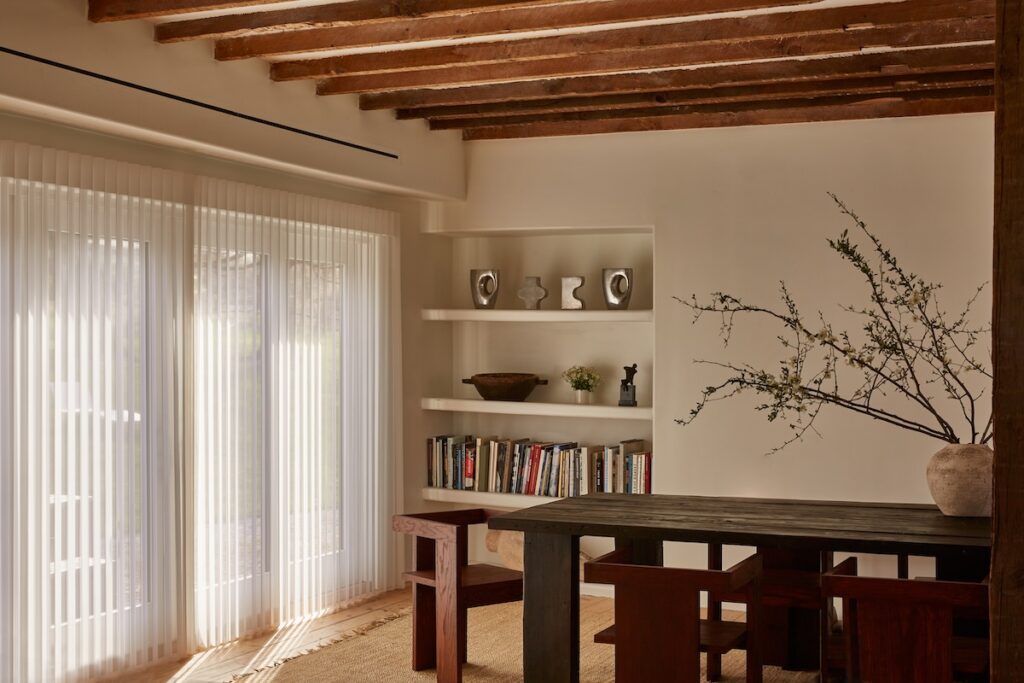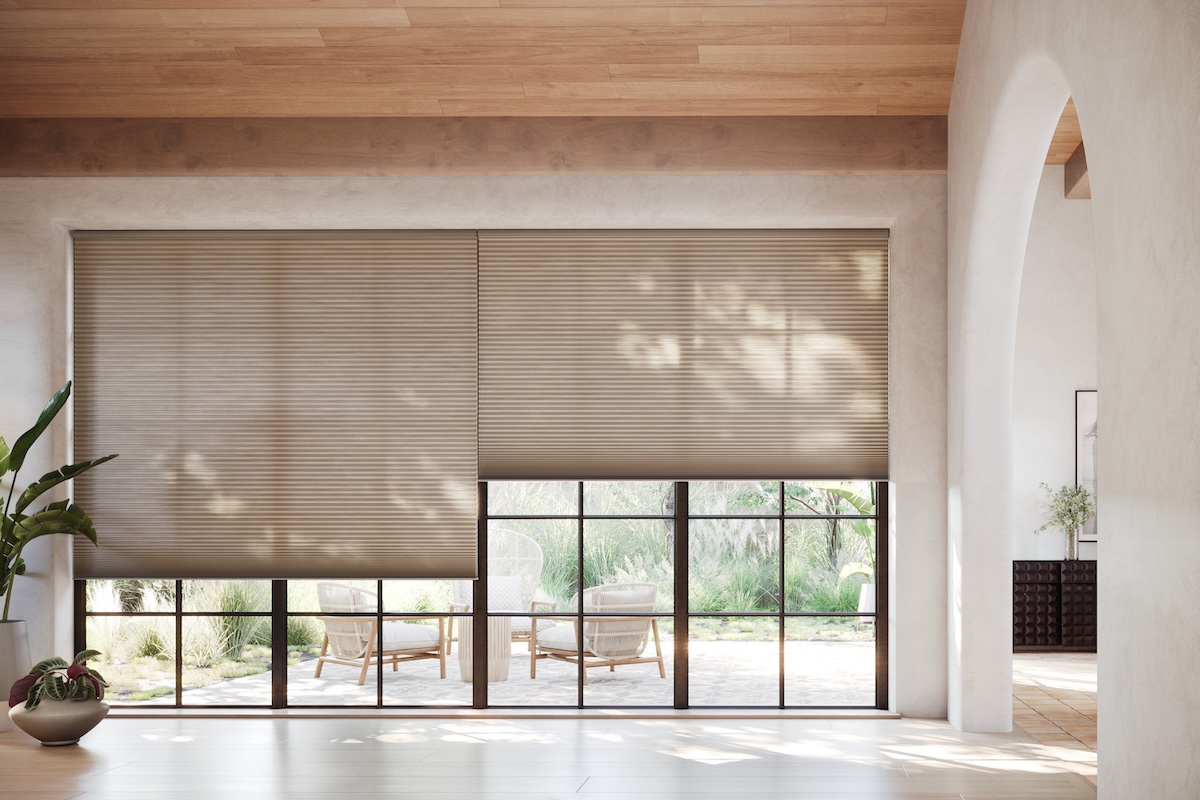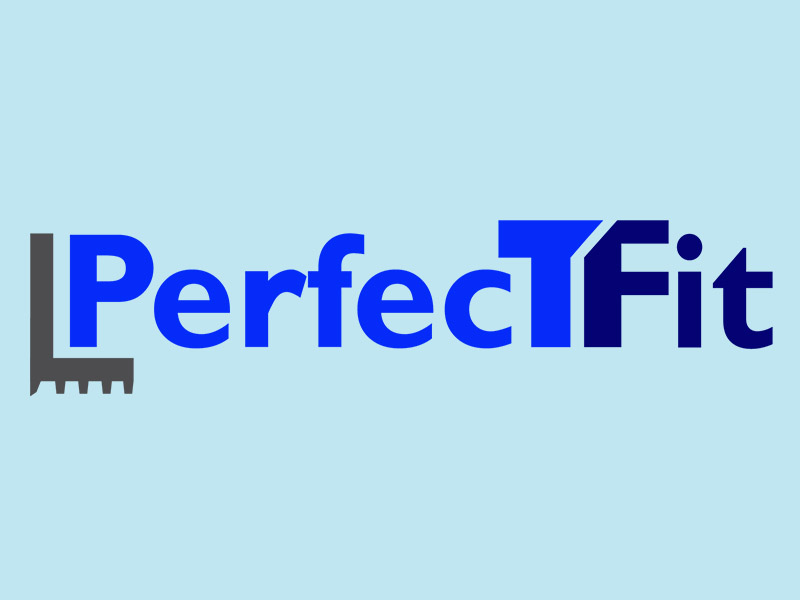When it launched in late 2019, the Hunter Douglas Custom Integrator Program (CIP) was intended to be a platform for authorized home tech pros to seamlessly access the complete company portfolio of window treatment designs and integrate them into their projects. For a category that’s already estimated to be over $20 billion and is expected to grow at a greater-than 10- percent clip each year over the next decade-plus, having access to a leading brand that is tailor-made for most of the major home automation platforms makes too much sense.
And then the data started to roll in and took the program to a whole ‘nother level.
In a statement released this week, Hunter Douglas shared insights from five-plus years worth of data that shows how integrators are leveraging the program, where the dollars are rolling in, and sheds light on some of the areas of opportunity.
According to those insights, roller shades account for 41 percent of integrators’ unit sales through the program and 39 percent of their total revenue. That makes them far and away the most commonly sold product – but it also shows that integrators who focus solely on the roller shade category are leaving some 60 percent of the remaining market untapped.
“Homeowners, designers, and builders are increasingly seeking shading solutions that harmonize technology, energy efficiency, and elevated design aesthetics,” Scott Stephenson, Sr. Director of Product Global Motorization, said in the statement. “Gone are the days when roller shades alone could meet rising expectations. Our CIP data shows that integrators who embrace the full range of solutions stand to see not only greater revenue, but also stronger relationships with their customers. By investing the time to learn a broader product mix, integrators can deliver more personalized experiences, ensure premium design aesthetics, and ultimately stand out in an increasingly competitive market.”
3 Areas of Opportunity
Through their CIP data, Hunter Douglas pointed to three key shading categories that stood out as “underutilized opportunities” in the market.

Sheer Shading. Marked as one of the most overlooked (accounting for just 10 percent of integrators’ unit sales), sheer shading happens to be one of the highest-margin categories (17 percent of total revenue).
Duette Honeycomb Shades. Although they are the second-leading option (29 percent of total unit sales and 25 percent of revenue), Hunter Douglas said the Duette Honeycomb Shades could play a bigger role in integrators’ pitch to clients – especially those who are more conscious of energy efficiency. AERC-rated Duette shades are eligible for a federal tax credit rebate of up to $1,200 under the Inflation Reduction Act of 2022, a benefit that installers can highlight in their discussions with a client.
Roman Shades and Shutters. Though not the most common option, Roman Shades (5.5 percent of units and 7.5 percent of revenue) and Shutters (5.7 percent of units and 4.9 percent of revenue) give integrators an offering that caters to the high-end home design projects.
Beyond access to product, the Hunter Douglas CIP provides integrators with support throughout the sales and installation process, expert training and more.
“With the Custom Integrator Program, we want to give home-technology professionals a way to expand their business and create greater profitability,” Stephenson said at the time of the program’s launch.
To learn more, head to the CIP website.









